Sleeping on the road: five useful items
Sleeping well is an important part of travel. If you don’t get enough sleep, or you wake up constantly during the night, you’re likely to be tired and grumpy the next day — which isn’t fun for you or your travel companions. If you’re changing beds every few days, or sleeping on vehicles to save time and money, you’re less likely to find a good sleep pattern and your enjoyment of your trip may suffer for it.
Many factors contribute to getting a good night’s sleep: among others background noise, ambient light, and how comfortable you are. However, some simple items can make your sleeping experience that much better.
1. Earplugs
 It almost goes without saying that you need to carry earplugs with you. What kind depends entirely on you — they range from cheap (or free) foam ones, to more expensive pharmacy brands, to individually customised masterpieces. Personally, I find cheap foam ones to be exactly what I need, though they don’t block out all noise. I carry several pairs so that if I lose one earplug it’s easily replaced, plus I can always give a pair away to a desperate traveller if necessary.
It almost goes without saying that you need to carry earplugs with you. What kind depends entirely on you — they range from cheap (or free) foam ones, to more expensive pharmacy brands, to individually customised masterpieces. Personally, I find cheap foam ones to be exactly what I need, though they don’t block out all noise. I carry several pairs so that if I lose one earplug it’s easily replaced, plus I can always give a pair away to a desperate traveller if necessary.
If earplugs aren’t doing the trick, put on your headphones and listen to some calming music. This will block out the background noise to some extent as well as helping you get to sleep. You could also consider downloading some “white noise” for your ipod if you find music too distracting.
2. Eyemask
I never travel without an eyemask, and I’ve been using it more and more recently. I have a cheap one from an airline care kit, but feel free to spend money on an expensive pretty one, or improvise one out of a scarf.
Sometimes, there’s going to be light in the room where you’re trying to sleep. Maybe it’s daytime. Maybe you’re sharing a room with someone who wants to read. Maybe you’re on a bus, the curtains won’t close and the streetlights flashing past are incredibly annoying (yes, I’ve experienced all of these). Either way, you’re going to want to block out the light, and a light-weight eyemask is the way to do it.
3. Inflatable pillow
Most of the time, when you have a bed you have a pillow, and if not you can fashion one out of spare clothes. But when trying to sleep in a vehicle, an inflatable pillow is worth its weight in gold. Just blow it up, stick it around your neck, and you’re away. It might take a bit of getting used to, to find the right position, but it will almost certainly be more comfortable than a traditional pillow. You can also use it like a regular pillow if you need to.
4. Sleeping sheet
While bringing a sleeping bag is a good idea if you’re planning on doing a lot of camping, it’s not usually worth it for urban trips — it’s heavy, it takes up a lot of space, and you’ll hardly ever use it. However, a silk sleeping bag liner is definitely worth the investment. Mine packs down small (about the size of a small book) and came with its own case — and I’ve seen others that are even smaller. It’s great for when sleeping somewhere not particularly clean, or for when a blanket can be found but no sheets are available. In summer you don’t need anything else.
 I recently used mine in Rio de Janeiro, Brazil, when couchsurfing. Our host had just one light blanket, which wasn’t enough to keep me warm. The sleeping sheet provided the extra layer that I needed.
I recently used mine in Rio de Janeiro, Brazil, when couchsurfing. Our host had just one light blanket, which wasn’t enough to keep me warm. The sleeping sheet provided the extra layer that I needed.
5. Sleeping pills
I’m not a fan of sleeping pills. In fact, I disagree with them almost fundamentally. Why then, do they appear on this list? Well, while travelling through South America last year we were taking a lot of overnight buses, and I don’t sleep well on vehicles. A friend of mine suffers the same problem and offered me one of her sleeping pills to try. I took half of one, and it worked wonders. I actually managed to sleep, which meant I was fully functioning the next day and not a grumbling zombie. She and I tried a couple of different options during that trip, after asking pharmacists for advice.
Now, I’m prepared for overnight bus trips by always having a pack of “Buenas Noches” with me, which we picked up in Argentina. The active ingredient is melatonin, a hormone which we all have in our bodies and which maintains the body’s circadian rhythm. Plus, my mum and my sister take it, so that makes me feel a little better about it.
I definitely don’t recommend you take sleeping pills unless you really need to, and you should talk to a doctor or pharmacist before you start. However, if lack of sleep is ruining your trip, it’s an option worth considering.
My case
I keep most of these items in a case which I call my “bus pack” because it’s got almost everything I need in it for sleeping on a bus. I’ve also added lip balm, some pain killers, throat lozenges and loperamide, and a Vicks inhaler to ward off bad smells (perfume also works).
Sleep is an important part of life, and getting good sleep is an important part of travel. Make sure you budget enough time in your day to get your eight hours in, and use these items to make it a quality rest.

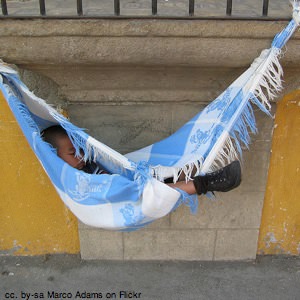
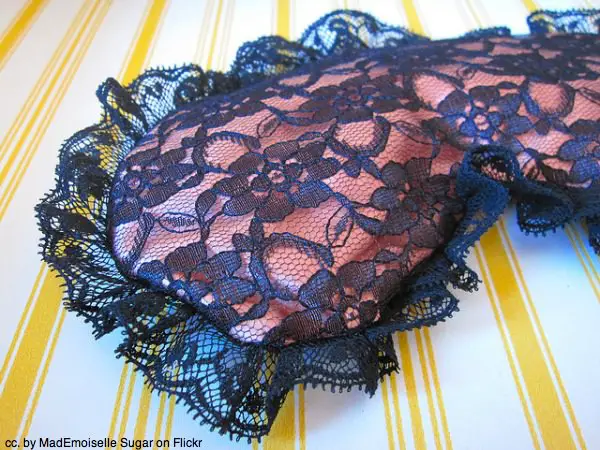
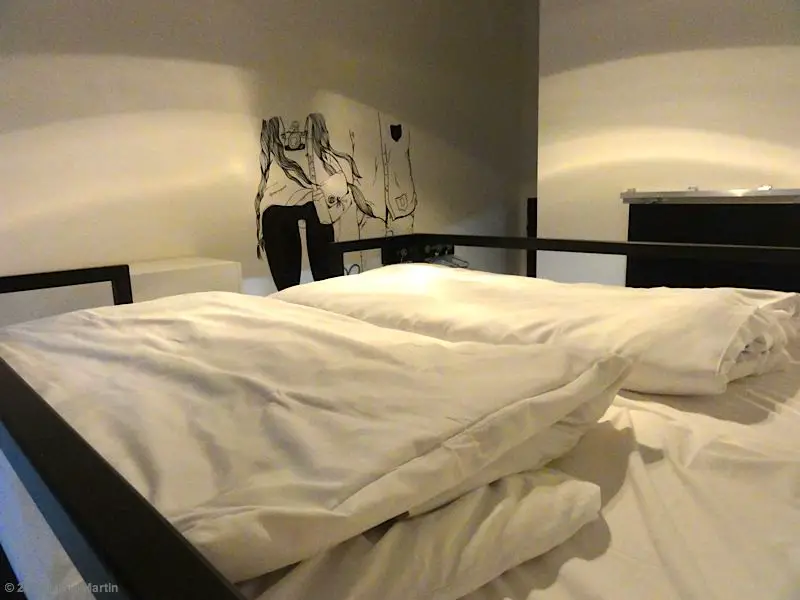
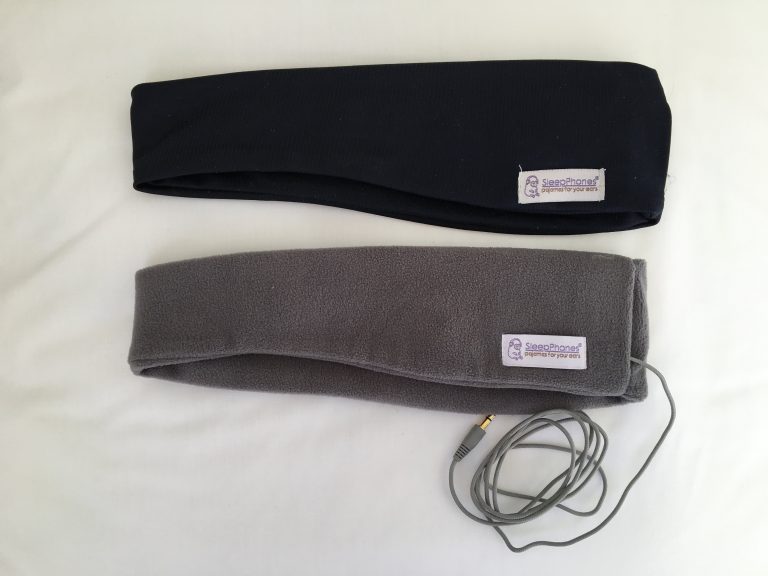

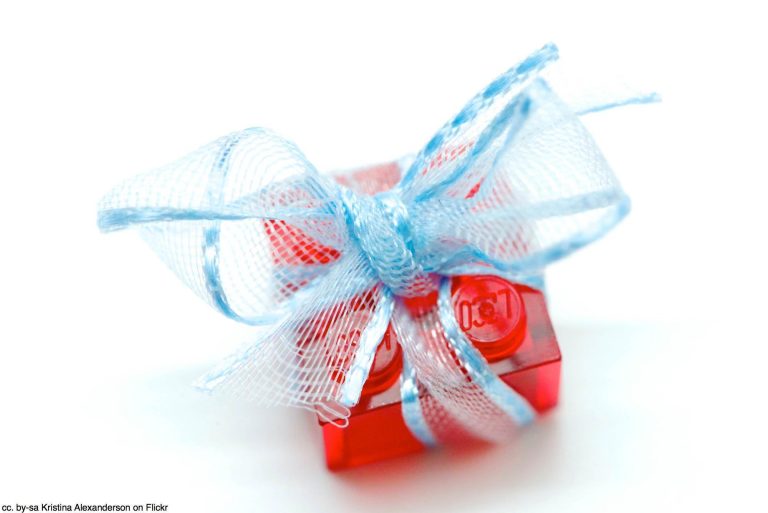
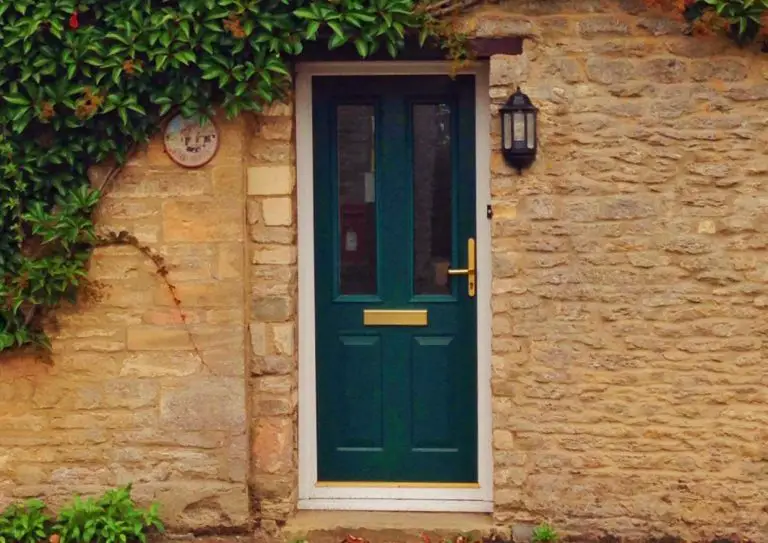
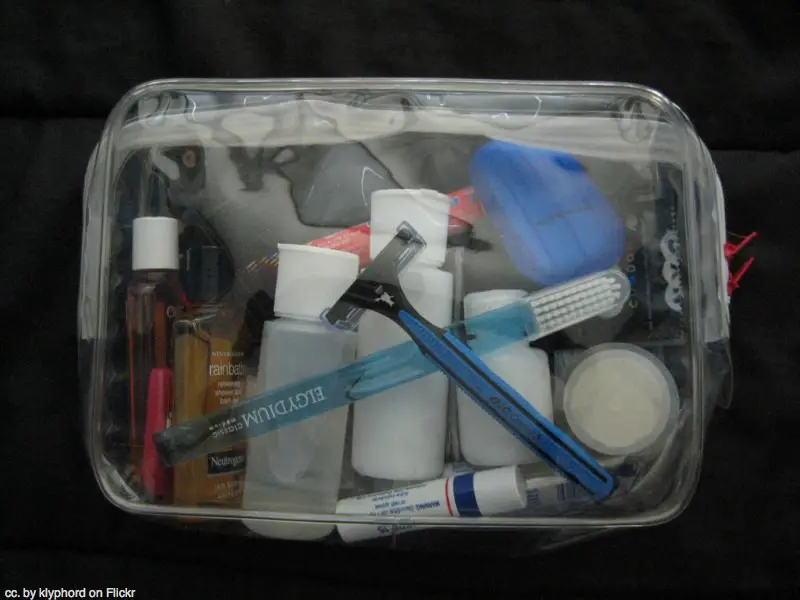
I learned to use earplugs my first summer in Europe. I was staying on a street in Amsterdam that had a tram line and I would have been miserable if I had not taken a friends advice and brought them.
It’s amazing what a difference they can make, isn’t it? They cut down the noise to manageable levels. I find they don’t block out all sound, which is good because I sometimes need to be able to hear my alarm in the morning.
I always carry earplugs – also just the basic foam type and found they come in handy, especially if I don’t exactly know where I am staying.
Tried an eyemask at one point but found it too cumbersome and could never get comfortable. But I found that I can generally fall asleep even in light.
And for sleeping pills I like the homeopathic type – you can’t get dependent on them plus I don’t like the idea of using chemicals. I used to have a really hard time shaking off jet lag in the past, and homeopathic stuff seemed to work well for me.
Homeopathic stuff sounds like a good idea, where do you get it from?
I get it from “Whole Foods” here in the States. But most health/organic food stores should have it as well.
Amen to all of these, though instead of sleeping pills we take Benadryl (or a generic substitute). It’s usually easy to get, and you typically don’t have to worry about being too groggy when you wake up.
Interesting. Benadryl is a cough medicine in NZ … is that the same for you? Does it make you drowsy?
Yeah, it’s a cough/allergy medicine, but it definitely makes you drowsy because of the diphenhydramine. My aunt (who is a nurse in the US) told me that they use it as a sleep aid for pregnant women who can’t take traditional sleep meds as it doesn’t have the same side effects/addictive tendencies. Still probably shouldn’t be an every-night thing but less scary than some of the alternatives 🙂
Very useful tips. But the sleeping pills what you mentioned, i am not convinced. Don’t you think they carry side effects? Even the ear plugs need to be strong enough, one that wont get holes with some biting by insects 🙂